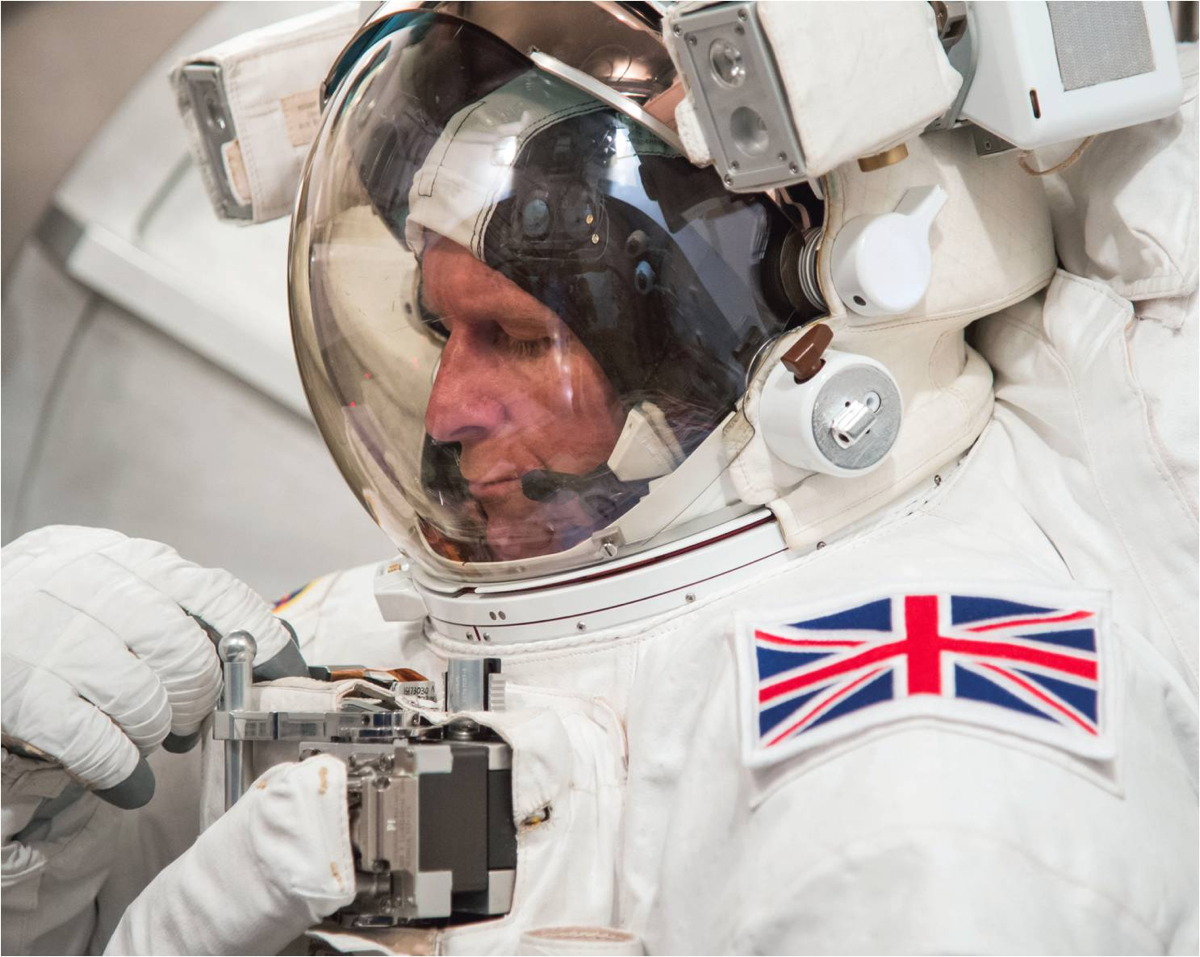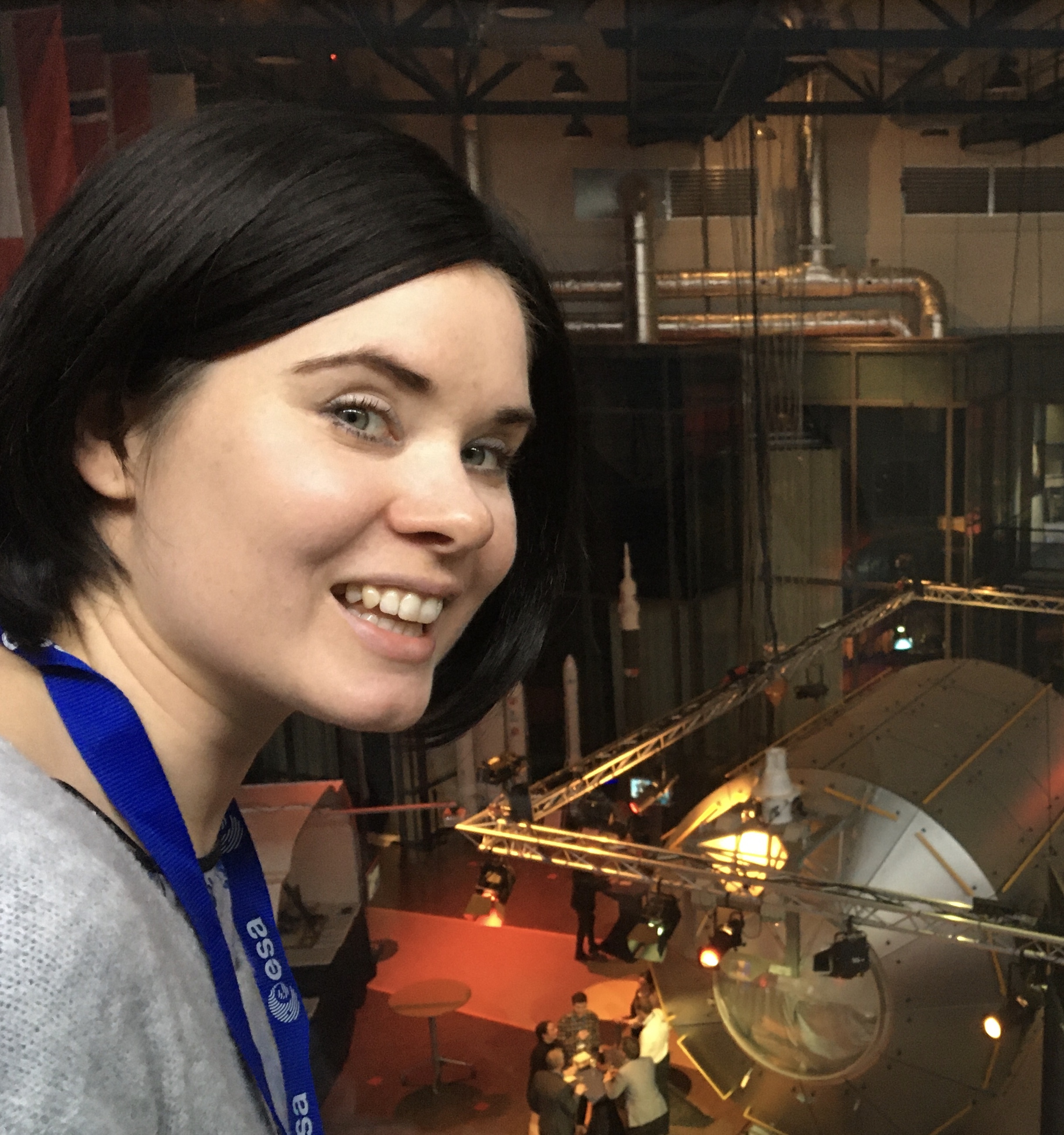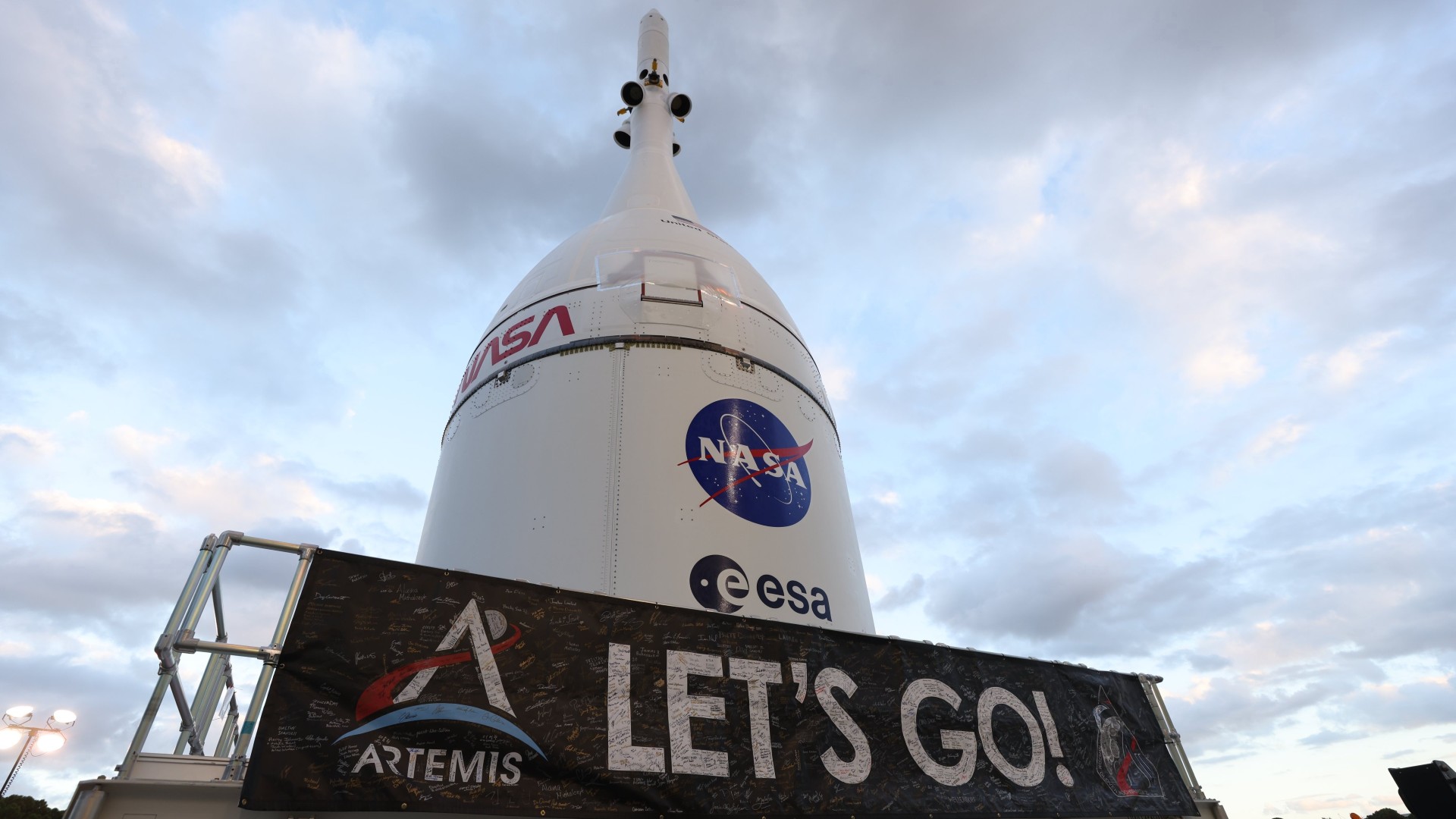What Effect will Brexit Have on UK Spaceflight?
It's no roadblock for UK space dreams, representatives say.

Britain hopes its spacefaring dreams won't be slowed down by the country's expected departure from the European Union (EU), although the move is likely to have a negative impact on the economy.
Despite the ongoing political turmoil, the income of the UK's space sector has grown from 13.7 billion to 14.8 billion pounds sterling ($17.4 billion to $18.8 billion) since 2016, the year of the Brexit referendum, according to the UK Space Agency. A recent industry report predicts the positive trend will continue regardless of the yet uncertain outcome of the Brexit negotiations. Income, employment and exports are all expected to continue growing.
"EU-funded programs represent only 2.5% of the total income for the UK space sector," a UK Space Agency spokesperson told Space.com. "Beyond Europe, we are promoting international cooperation through agreements and joint projects."
Related: Britain's Quitting the EU, But Will It Be Forced Out of EU Space Programs?
The spokesperson said that regardless of the terms on which the UK leaves the EU, the country would continue being a member of the European Space Agency (ESA), which is independent of the EU.
"The UK's membership of ESA will not be affected by the UK leaving the EU," the spokesperson said. "We continue to invest around £300 million ($389 million) every year in ESA research and development programs with a focus on commercialization and growth opportunities."
This investment makes the UK one of the top contributors to ESA's budget; through its membership in ESA, the country might see UK astronaut Tim Peake fly to the International Space Station once again and represent Europe, despite Brexit. The country will also continue to participate in pioneering projects undertaken under the ESA banner.
Breaking space news, the latest updates on rocket launches, skywatching events and more!
Europe's leading aerospace manufacturer, Airbus, which has facilities in several European countries, however, has concerns about the ongoing Brexit impasse. The departure deal negotiated by soon-to-be-former Prime Minister Theresa May failed to win support in the parliament. In the two months since the original Brexit date, little progress has been made and it is unclear what trade arrangements will be in place between the UK and the EU after Brexit. While in the EU, the UK benefited from access to the single market of the European Economic Area.
"At the moment, we continue to plan for 'no deal' as that is the only way any responsible business can plan," Airbus UK spokesman Jeremy Close told Space.com. "We continue to work with suppliers and partners to stockpile parts, prepare our customs and regulatory systems and mitigate impacts where possible."
Airbus employs about 3,500 people in its UK space division, which has built hardware for some of the most high-profile ESA missions, including comet-chaser Rosetta, the ExoMars rover — which is set for launch next year — and the Mercury explorer BepiColombo.
The biggest point of contention between the EU and the UK in the space domain has been the post-Brexit participation of the UK in Galileo, Europe's navigation satellite system that went live in 2016. The network is operated and built under the guidance of ESA, but is owned and funded by the EU, which has banned UK companies from further Galileo development work due to security concerns. The UK last December withdrew from negotiations around its future access to the encrypted, high-security component of Galileo's service, which is meant to be reserved for EU member states, their government agencies, armed forces and emergency services. The UK participated heavily in the development of Galileo. For example, satellite payloads for the constellation were manufactured in the UK by Surrey Satellite Technology Ltd. The country now plans to build its own navigation constellation, forgoing its £1.2 billion ($1.5 billion) investment into Galileo.
"The terms the European Commission is prepared to offer for UK participation in Galileo fall well short of the minimum we would consider acceptable," said the UK Space Agency spokesperson. "The government has already committed £92 million [$117 million] to develop options for a UK global navigation satellite system and this work is progressing well." Details of the new system have not yet been revealed.
The spokesperson said that the UK expects to continue its participation in Europe's Copernicus Earth observation program, which provides data about the state of the planet to scientists as well as government and private users.
The UK has an ambitious vision for its space sector. Government representatives have said that, ideally, by 2030 the nation will control 10% of the global space economy, and that in early 2020s, it expects to see micro-launchers delivering small satellites into orbit from UK soil, serving mostly European small satellite manufacturers.
- 'Hello, Is This Planet Earth?': Amazing Earth Views by Tim Peake
- 'Ask an Astronaut' (US): Book Excerpt
- Britain Selects US, French, British Teams to Study Spaceport Feasibility
Follow us on Twitter @Spacedotcom and on Facebook.

Tereza is a London-based science and technology journalist, aspiring fiction writer and amateur gymnast. She worked as a reporter at the Engineering and Technology magazine, freelanced for a range of publications including Live Science, Space.com, Professional Engineering, Via Satellite and Space News and served as a maternity cover science editor at the European Space Agency.
